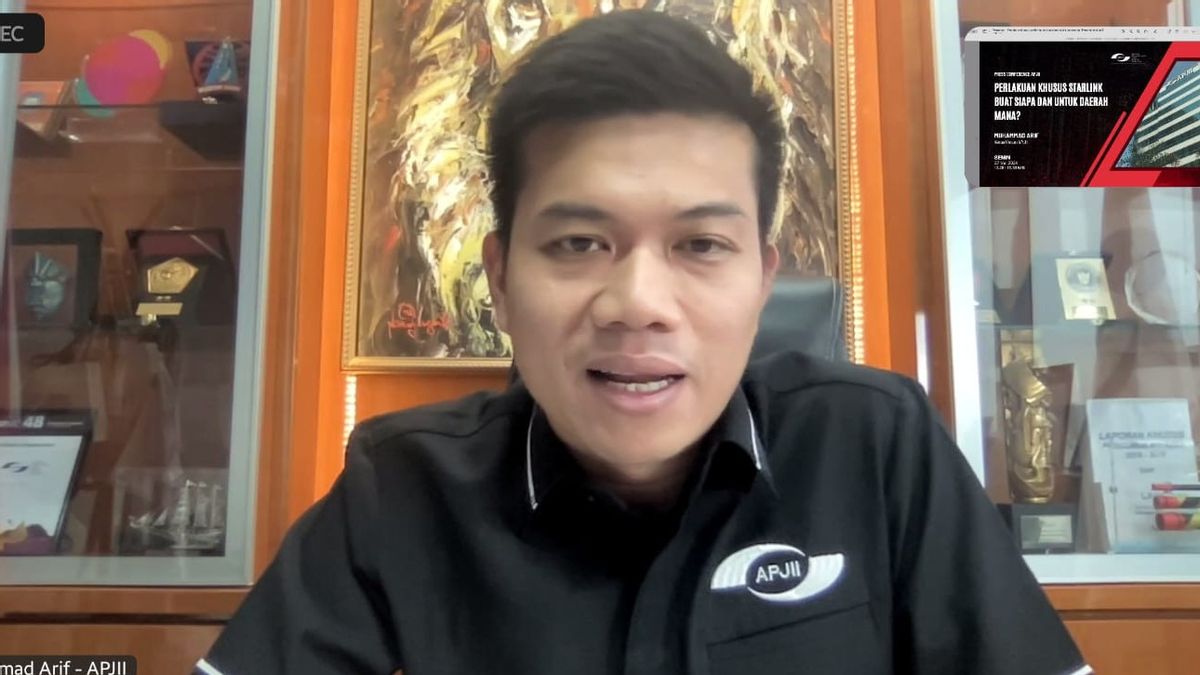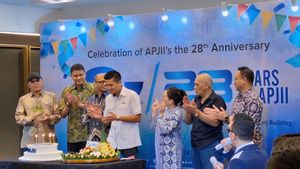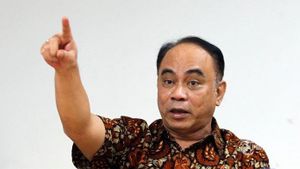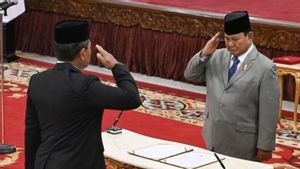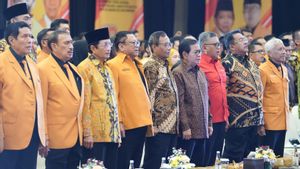JAKARTA - The Indonesian Internet Service Providers Association (APJII) highlighted the provision of Operational Feasibility Test certification (ULO) provided by the Ministry of Communication and Information to Starlink satellite-based internet services.
According to APJII Chairman Muhammad Arif Angga, giving ULO certification to Starlink is not transparent. Thus, it has the potential to cause allegations of granting privileges that may not be given to local ISPs.
This concern arose when APJII found that in fact Starlink did not yet have a Network Operation Center (NOC), in accordance with what was said by the Minister of Communication and Information Budi Arie Setiadi who encouraged Starlink to build an office in Indonesia.
"Starlink is advised to immediately create a NOC in Indonesia, while as far as I know, before being given a ULO certificate, the NOC is already available as one of the requirements for the government to issue an implementation permit to the ISP," Arif said in a press conference on Monday, May 27 which was held online.
In addition, concerns are exacerbated by allegations that Starlink devices enter the Indonesian market through illegal channels, without going through the right standardization process from the relevant authorities.
Because if this is true, other concerns arise where this will trigger questions about security and legality, as well as the potential negative impact on the internet ecosystem in Indonesia.
"APJII warns of the threat of local internet services in rural areas, because the presence of foreign internet services such as Starlink can increase dependence on foreign providers that have the potential to disrupt the sustainability and independence of the local ISP industry," he added.
SEE ALSO:
"For this reason, APJII recommends the government to freeze the Starlink device's direct sales license (retail), until a clear regulation is implemented," said Arif.
APJII juga menuntut kembali pemerintah untuk membuka diskusi Kembali dan mempertimbangkan keputusan terkait lisensi Starlink dan kewajibatan perizinan dengan memperhatikan masukan dari seluruh pemangku kepentingan.
"APJII invites the government to take fair and wise steps to maintain the health of the telecommunications industry in Indonesia," he said.
Finally, if the government is unable to regulate competition and maintain industrial health, APJII demands that the Universal Service Obligation (USO) Charges of Use Rights (BHP) be discontinued.
The English, Chinese, Japanese, Arabic, and French versions are automatically generated by the AI. So there may still be inaccuracies in translating, please always see Indonesian as our main language. (system supported by DigitalSiber.id)
